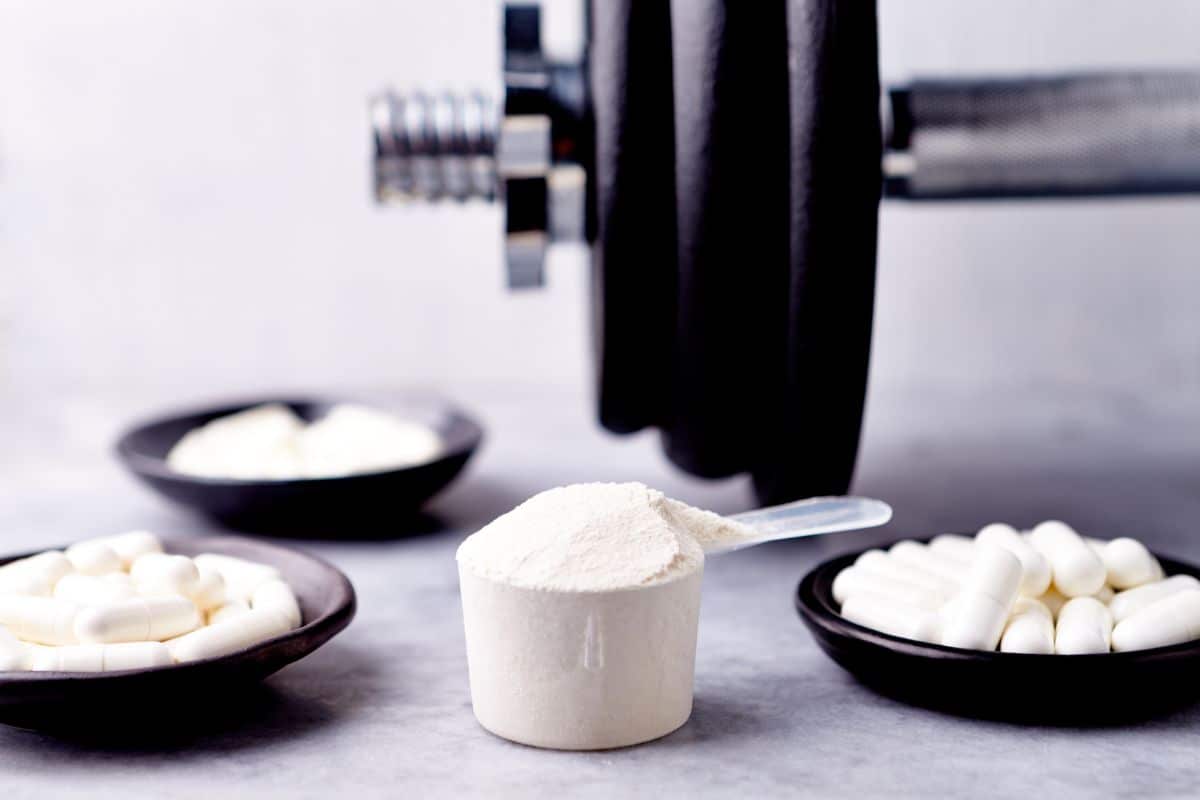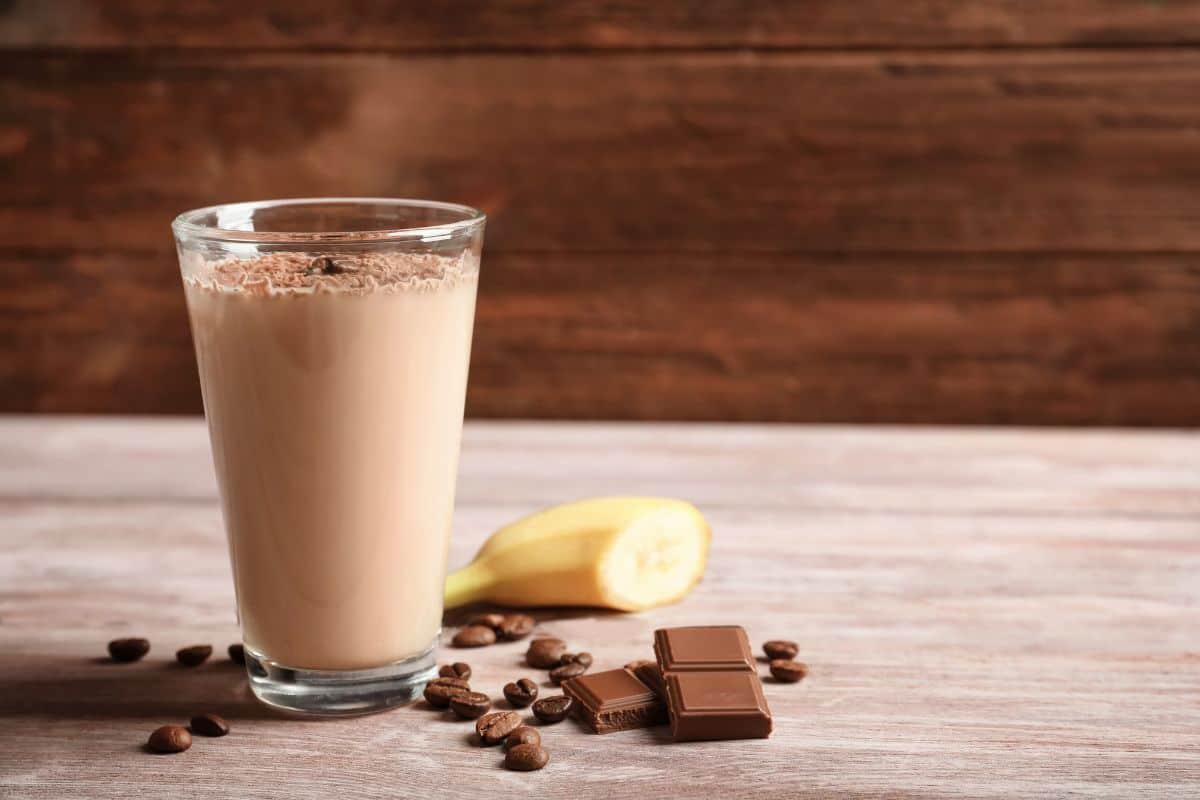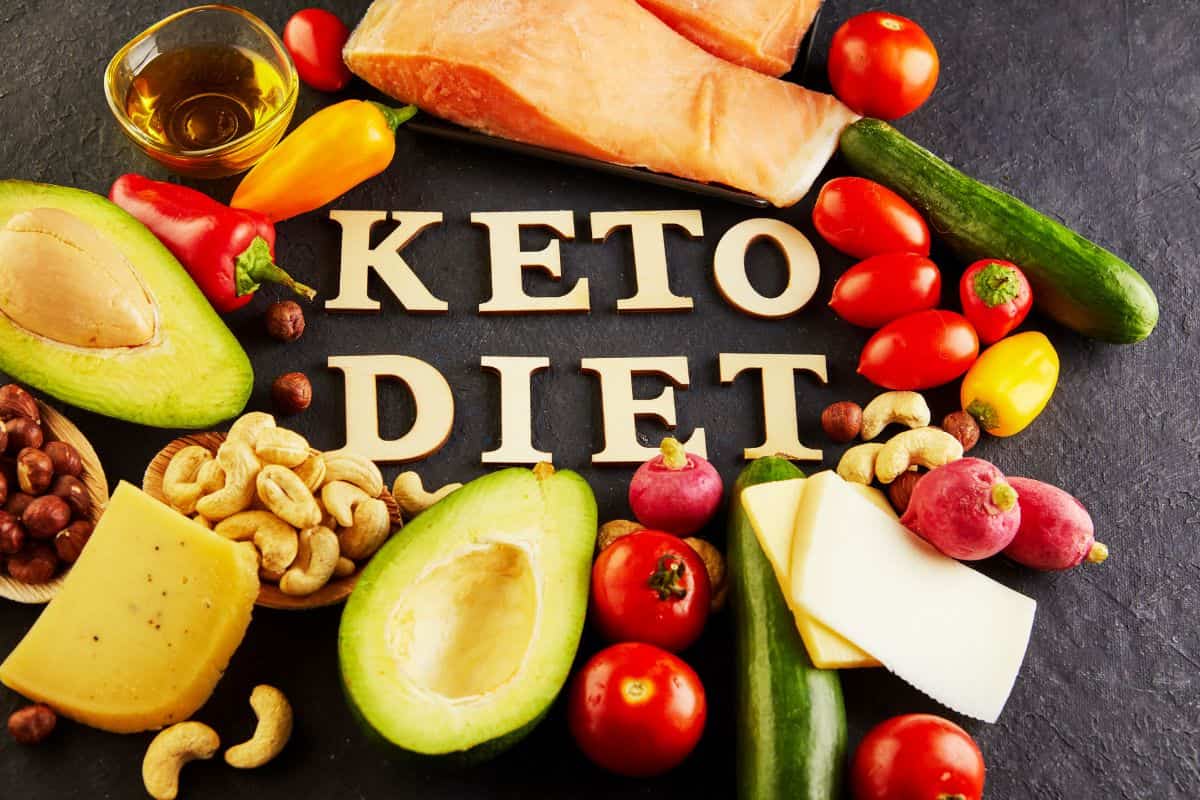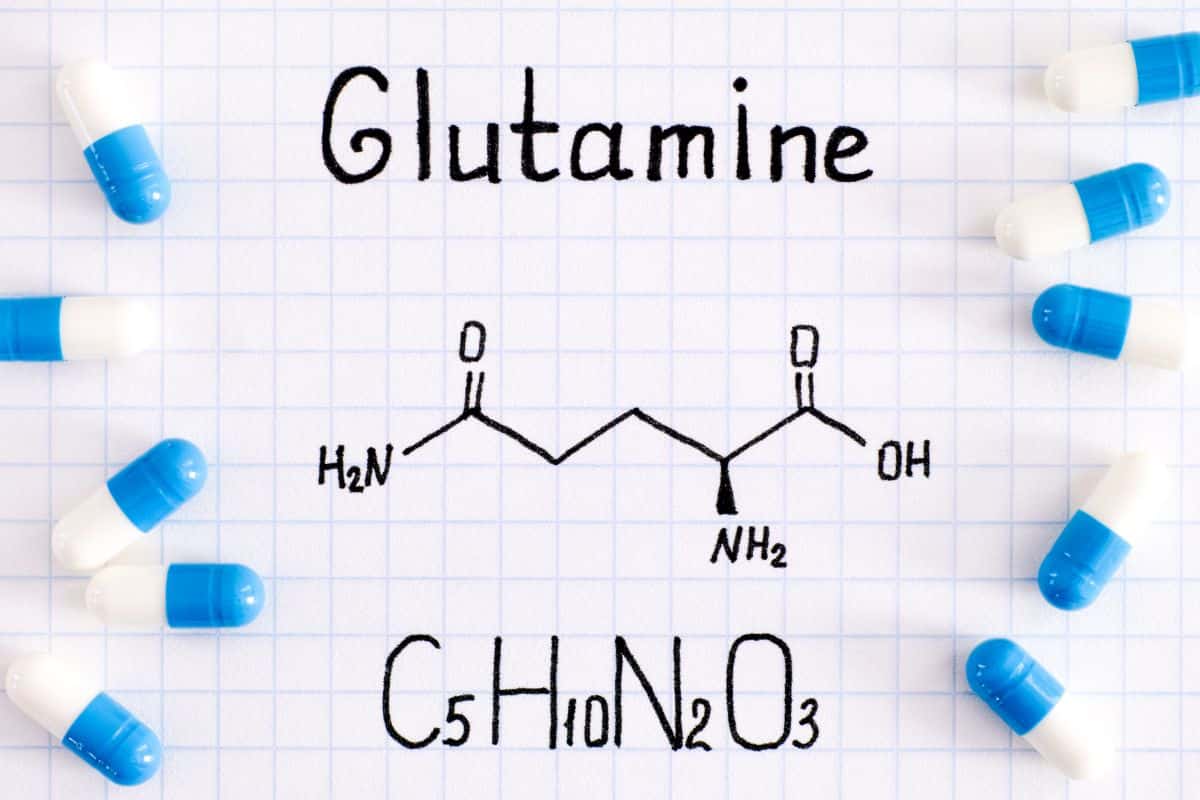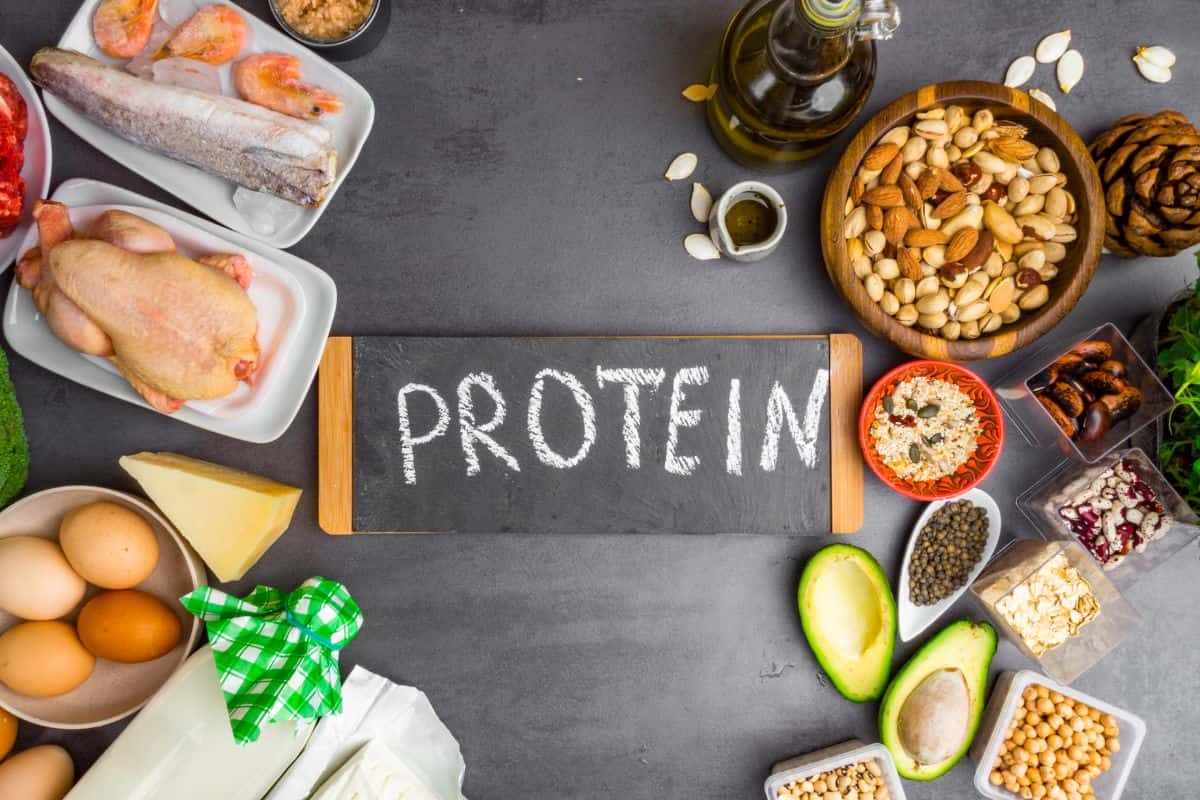If you're a gym-goer, a fitness enthusiast, or a bodybuilder, you probably already know about the importance of protein for building muscle and helping with workout recovery. But with so many types of protein supplements available on the market, it can be challenging to know which one you should be using.
In this article, we are going to go over the three main types of protein: whey, casein, and plant-based. Each of these proteins has its unique benefits and uses, and understanding these can help you make an informed decision about your protein supplementation.
Understanding Protein and Its Role in Muscle Gain
Protein is one of the three macronutrients, alongside carbohydrates and fats, that our bodies need in large amounts to function properly. It's made up of amino acids, which are essential for various bodily functions, including repairing body cells, making new ones, and contributing to the growth and maintenance of muscle mass.
For gym-goers and bodybuilders, protein takes on an even more significant role. When you work out, especially during strength and resistance training, you create microscopic tears in your muscle fibres. Protein plays an important role in repairing these tears, facilitating the growth and strengthening of muscles. This process is known as muscle protein synthesis.
But how much protein do you need daily to optimise muscle growth? While the exact amount can vary depending on factors like age, sex, and activity level, a common recommendation is to consume around 1.6 to 2.2 grams of protein per kilogram of body weight if you are training hard and your goal is to build muscle.
A common question many beginners ask is: "What's the best protein for beginners for muscle gain?" The answer isn't straightforward because the "best" protein depends on many factors, such as dietary preferences, allergies, and specific fitness goals. However, whey, casein, and plant-based proteins are all excellent choices, each with its unique benefits. In the following sections, we'll explore each of these proteins in detail.
Whey Protein
Whey protein is one of the two proteins derived from milk (the other being casein). It's a complete protein, meaning it contains all nine essential amino acids that the body can't produce on its own. Whey protein is also rich in branched-chain amino acids (BCAAs), including leucine, which plays a vital role in promoting muscle protein synthesis.
One of the advantages of whey protein is its rapid absorption rate. It's quickly digested and absorbed into the bloodstream, leading to a sharp rise in amino acid levels. This makes whey protein an excellent choice for post-workout supplementation, as it can help kickstart the muscle recovery process.
What about the optimal whey protein dosage for bodybuilding? While individual needs can vary, a common recommendation is to consume 20-40 grams of whey protein post-workout. This amount is believed to stimulate maximal muscle protein synthesis.
Whey protein comes in various forms, including whey protein concentrate, isolate, and hydrolysate. While all forms of whey protein support muscle growth, they differ in protein content, taste, and digestibility. Whey protein isolate and hydrolysate undergo more processing, which removes most of the fat and carbs, making them a good choice for those watching their calorie intake.
Casein Protein
Casein, like whey, is a protein derived from milk. However, it behaves quite differently in the body. Casein is a slow-digesting protein, meaning it releases amino acids into the bloodstream at a much slower rate than whey. This slow and steady release can provide the body with a steady supply of amino acids over several hours, making casein an excellent protein to consume before periods of fasting, like before bed.
The slow-release property of casein makes it particularly beneficial for muscle protection. While it may not spike muscle protein synthesis as sharply as whey, the sustained release of amino acids helps prevent muscle protein breakdown, a process where the body breaks down muscle tissue for energy. By reducing muscle protein breakdown, casein can contribute to a positive protein balance, which is crucial for muscle growth and recovery.
Casein protein is also rich in calcium, which can support bone health—a crucial aspect of overall fitness that's often overlooked.
In terms of taste and texture, casein protein is thicker and creamier than whey, which some people may prefer. However, it's also less soluble, which means it may not mix as easily in liquids.
In conclusion, while casein protein may not be the first choice for post-workout recovery due to its slow digestion, its unique properties make it an excellent supplement for preserving muscle and supporting overall muscle growth in the long term. It's particularly beneficial when consumed before bed or during other prolonged periods without food.
Plant-Based Proteins
For people who follow a vegan or vegetarian diet, or simply prefer to limit their intake of animal products, plant-based proteins are an excellent alternative. These proteins are derived from various plant sources, including peas, rice, hemp, and soy.
While most plant-based proteins aren't complete proteins (meaning they don't contain all nine essential amino acids), there are exceptions like soy and quinoa. However, by consuming a variety of plant-based proteins, you can ensure you're getting all the essential amino acids your body needs for muscle growth and repair.
One of the most popular plant-based proteins is pea protein. It's a high quality protein that's rich in BCAAs, much like whey and casein. It's also hypoallergenic, making it a good choice for those with allergies or sensitivities to dairy or soy.
Soy protein is another excellent plant-based protein. It's one of the few plant proteins that's complete, and it's also rich in BCAAs. However, it's worth noting that soy protein is a common allergen, and some people may prefer to avoid it due to concerns about its phytoestrogen content.
Hemp protein is a complete protein that's packed with fibre, healthy fats, and a variety of minerals. It is however lower in BCAAs compared to other protein sources, which may make it less optimal for muscle building.
When it comes to the best protein for beginners for muscle gain, plant-based proteins can certainly fit the bill. They can provide the necessary amino acids for muscle growth, and many are easily digestible and come with additional health benefits from the fibre and nutrients they contain.
However, it's important to note that some plant-based proteins may be less bioavailable than animal-based proteins, meaning the body may absorb and utilise them less efficiently. To counteract this, some people choose to consume a higher quantity of plant-based protein or opt for a blend of different plant proteins to ensure a complete amino acid profile.
Protein Supplementation Benefits

While gym-goers primarily use protein supplements for muscle growth, strength, and workout recovery, the benefits extend beyond these aspects. Here are some additional advantages:
- Weight Management: High-protein diets can help with weight management by promoting feelings of fullness, which can lead to a reduction in overall calorie intake. Protein supplements can be a convenient way to increase your protein intake without adding too many additional calories.
- Recovery and Injury Prevention: Protein isn't just important for building muscle—it also plays a crucial role in repairing all types of body tissues. Athletes and those who work out regularly may have greater protein needs due to the increased rate of muscle breakdown and repair.
- Convenience: For many people, protein supplements are a matter of convenience. It's easier to drink a protein shake than to prepare and eat a solid meal, especially when you're on the go or pressed for time.
- Nutrient Rich: Many protein supplements, especially plant-based ones, come with added nutrients. For instance, hemp protein is rich in omega-3 fatty acids and fibre, while pea protein often contains iron.
- Supports a Healthy Immune System: Certain proteins, like whey, contain immunoglobulins and other compounds that can help support a healthy immune system.
- Versatility: Protein powders can be used in a variety of ways. They can be mixed with water or milk for a quick protein shake, blended into smoothies, or even incorporated into cooking and baking to boost the protein content of meals and snacks.
In conclusion, protein supplementation can be a valuable tool for not only people looking to build muscle but also anyone seeking to support their overall health and wellness. Whether you choose whey, casein, or plant-based proteins, the key is to find a protein supplement that fits your dietary preferences, fitness goals, and lifestyle.
How to Choose the Right Protein Supplement

Choosing the right protein supplement can feel overwhelming, especially with the large number of options available on the market. However, by considering your individual needs, goals, dietary restrictions, and preferences, you can make an informed decision. Here are some factors to consider:
- Dietary Restrictions: If you're lactose intolerant, a plant-based protein might be the best choice. If you're vegan or vegetarian, you'll want to avoid animal-based proteins like whey and casein.
- Digestion and Absorption: Whey protein is quickly absorbed, making it a great option for post-workout recovery. Casein, on the other hand, is digested slowly and can be a good option for a sustained release of amino acids, such as before bed.
- Nutritional Needs: If you're trying to lose weight, you might want a protein supplement that's low in carbs and fats. If you're trying to gain weight or muscle mass, a protein powder with added carbs and fats can provide extra calories.
- Taste and Texture: Some people find that whey protein has a smoother texture and better taste than plant-based proteins, which can sometimes be gritty. However, this can vary greatly between brands, so you might need to try a few to find one you like.
- Quality and Purity: Not all protein supplements are created equal. Some may contain additives, fillers, or artificial sweeteners. Look for products with minimal ingredients and avoid those with things you can't pronounce.
Remember, the "best" protein supplement is the one that aligns with your individual needs and helps you meet your fitness and health goals. Whether you choose whey, casein, or plant-based protein, the key is consistency. Regularly consuming enough protein, in combination with resistance training and adequate rest, is the key to muscle growth.

